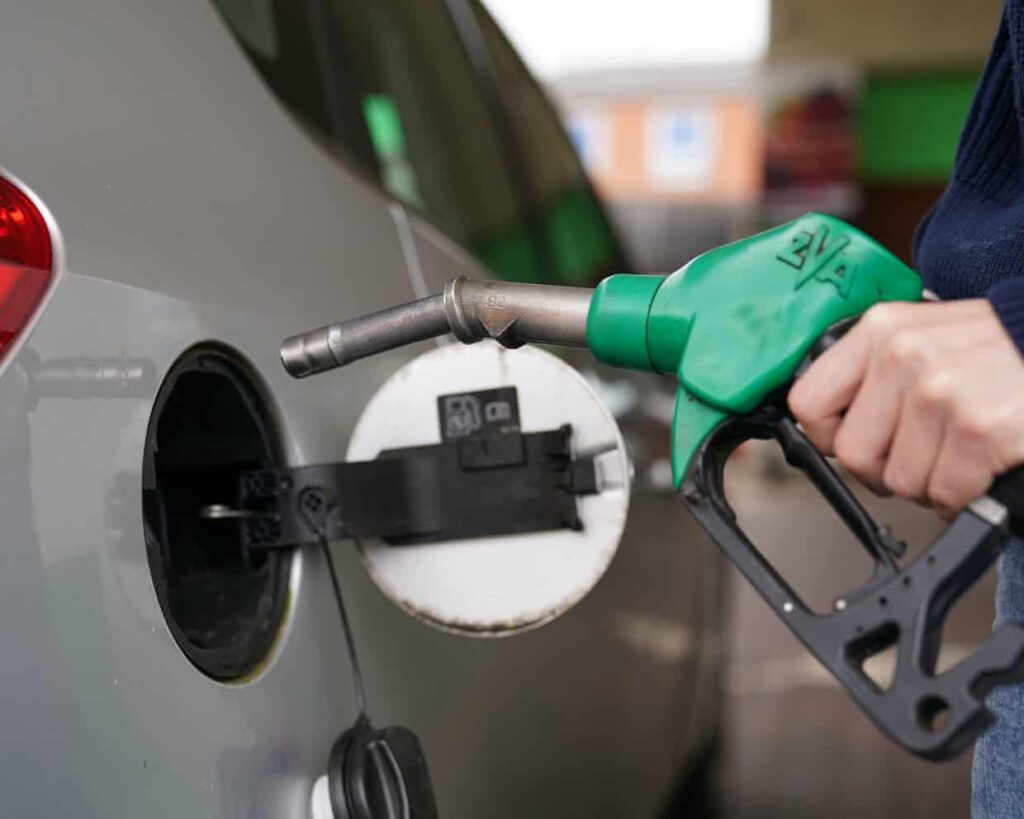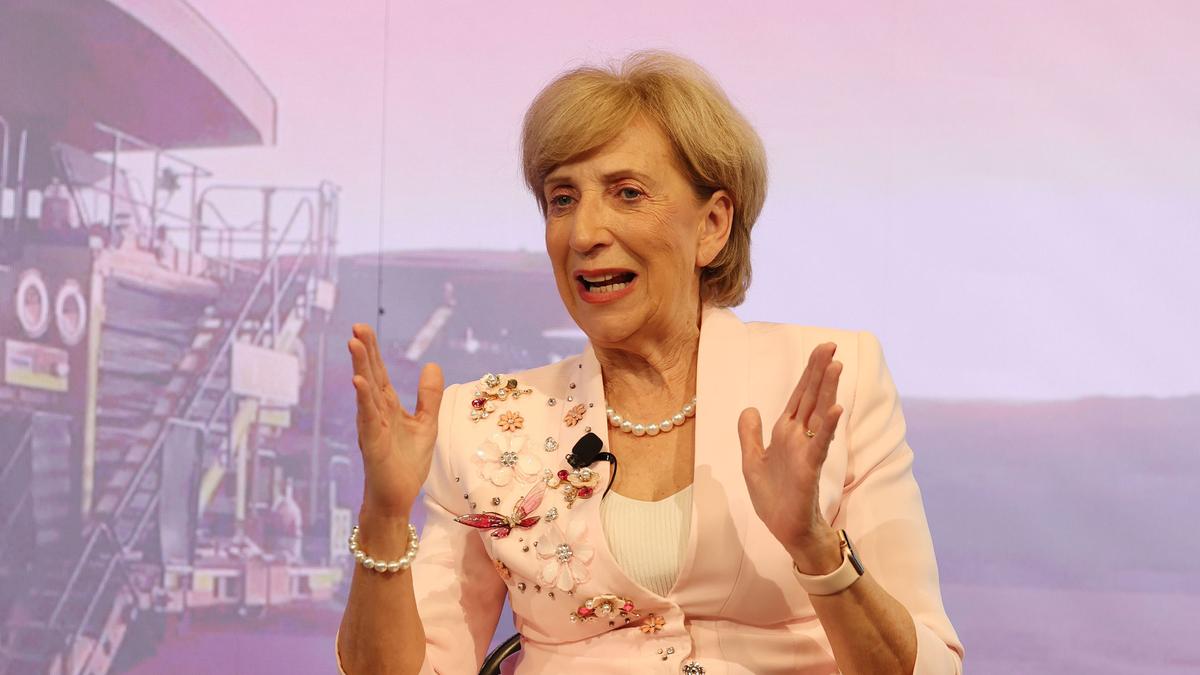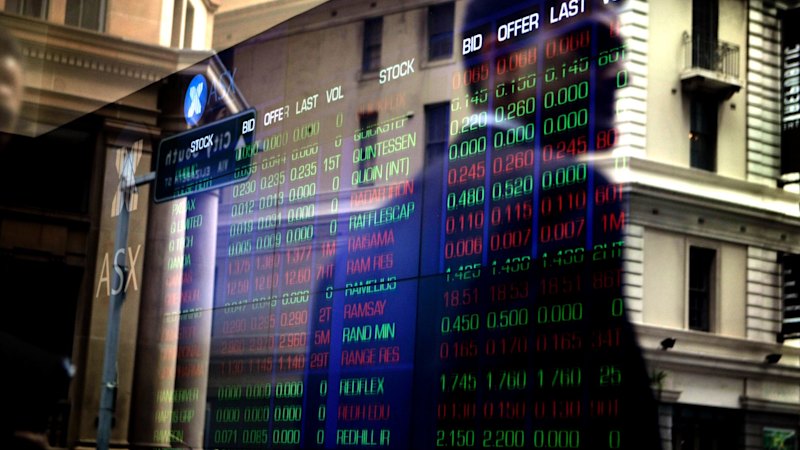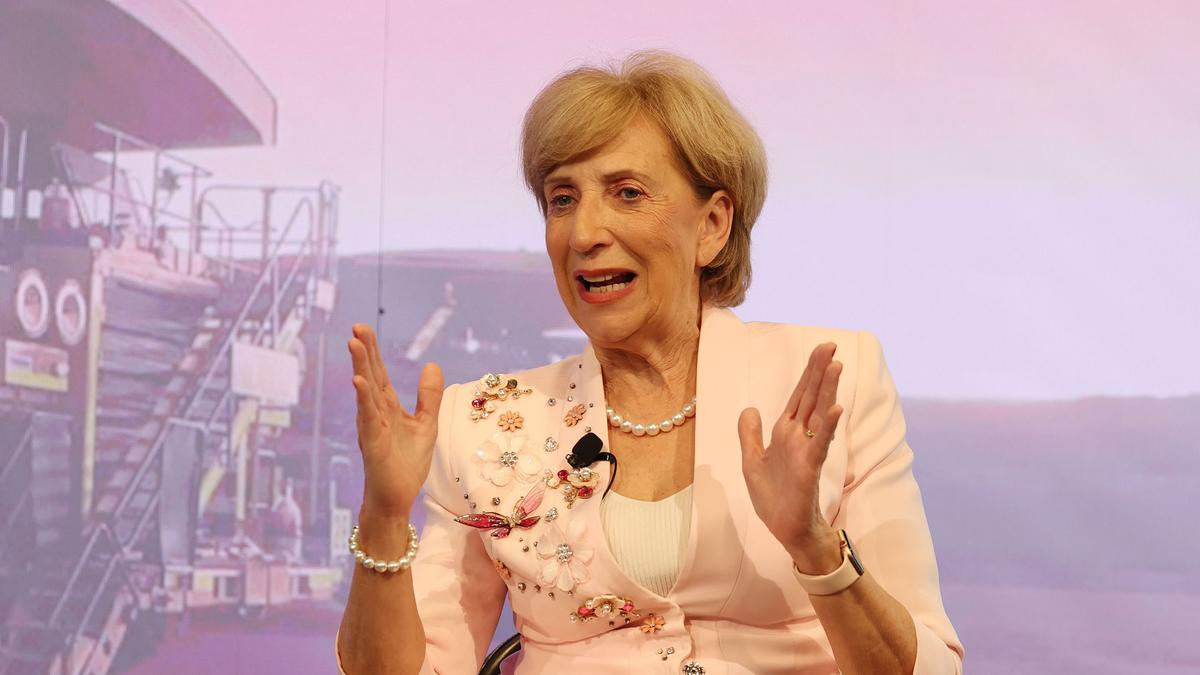
The UK Chancellor, Rachel Reeves, announced a temporary freeze on fuel duty that will remain in effect until September 2026. This decision, confirmed in Parliament, ensures that fuel duty will remain at 52.95p per litre for petrol and diesel, marking a 16th consecutive year without an increase. At the same time, Reeves revealed a new charge of 3p per mile for electric vehicles (EVs) set to take effect in 2028.
Financial Implications of Fuel Duty and EV Charges
The planned reversal of a previous 5p cut, initiated by former Chancellor Rishi Sunak, will occur gradually starting in September 2026. The Office for Budget Responsibility (OBR) estimates that maintaining the current fuel duty rate will cost the Treasury an additional £2.4 billion in the next fiscal year, with ongoing costs of £900 million annually thereafter. Despite these costs, the freeze is expected to reduce the UK’s Consumer Price Index (CPI) inflation by 0.1 percentage points compared to earlier forecasts.
Reeves explained the rationale behind the new mileage-based charge for electric vehicles. She stated, “Because all cars contribute to the wear and tear on our roads, I will ensure that drivers are taxed according to how much they drive and not just by the type of car they own.” The new electric vehicle excise duty (VED) will be 3p per mile for fully electric cars and 1.5p per mile for plug-in hybrids, expected to generate an estimated £1.1 billion in revenue during the 2028-29 fiscal year, increasing to £1.9 billion in 2030-31.
Support for Electric Vehicles and Public Transport
In a broader effort to bolster the transition to electric vehicles, Reeves announced plans to double road maintenance funding in England over the course of this Parliament. This includes accelerating the rollout of public EV charging infrastructure and providing exemptions from business rates for charging points. However, some EV advocates expressed disappointment over her decision not to reduce VAT on public charging to align it with domestic electricity rates.
In addition to the changes for electric vehicles, Reeves extended the £3 cap on bus fares and announced a freeze on rail fares for the first time in 30 years. Furthermore, the government plans to close a loophole that has allowed many taxis outside London to operate free of VAT. This change could lead to increased fares as taxi companies may pass the 20% tax onto passengers.
Reeves defended the new regulations, aimed at improving competition within the taxi industry. She stated her intention to end the use of discount schemes by ride-hailing companies that were originally designed for coach tours. This move has garnered mixed reactions; while some have labeled it a “taxi tax,” it received support from Steve McNamara, general secretary of the Licensed Taxi Drivers’ Association, who described it as “a landmark moment for fairness and integrity in our industry.”
As the UK navigates its transition to greener vehicles, Reeves’ announcements reflect a balancing act between fiscal responsibility and environmental goals, with significant implications for both drivers and the broader economy.






